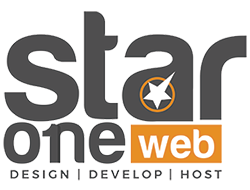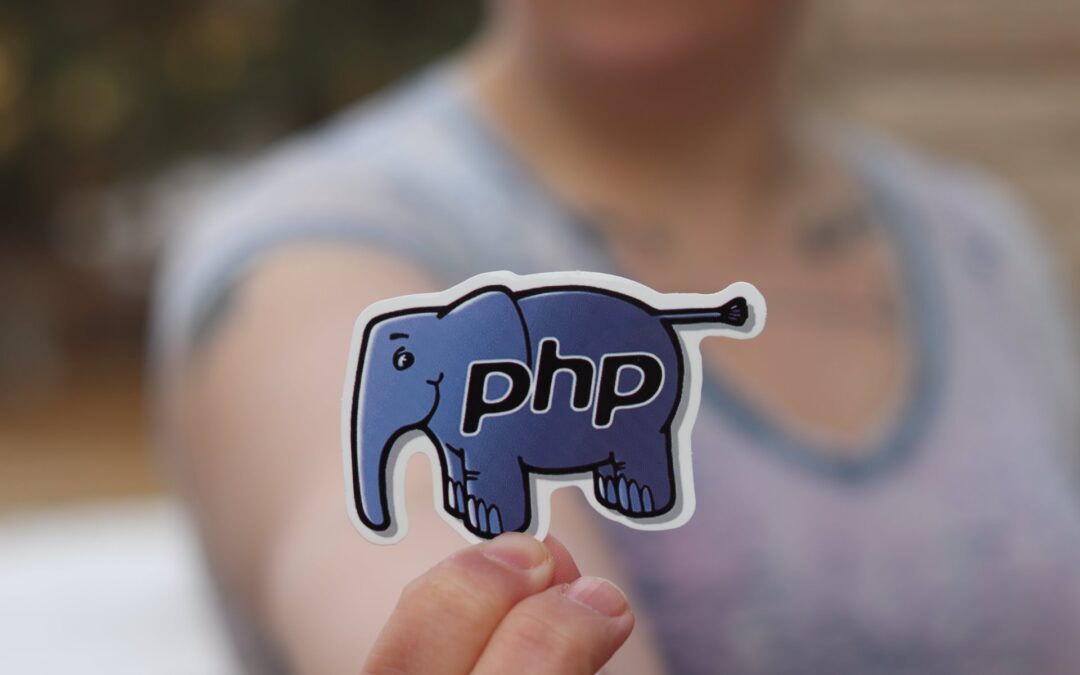Why PHP in 2023?
PHP has been a popular choice for web development for over two decades, and it shows no signs of fading into obscurity. Here’s why PHP remains a compelling choice for enterprise-level applications in 2023:
- Maturity and Stability: PHP has evolved over the years and matured into a stable language. Enterprises value stability, and PHP’s long history in web development means that it has been thoroughly tested and improved over time.
- Extensive Community and Ecosystem: PHP boasts a vast and active community, which contributes to an extensive ecosystem of libraries, frameworks, and tools. Popular PHP frameworks like Laravel and Symfony provide a structured foundation for building enterprise-grade applications.
- Performance Enhancements: PHP has made significant performance improvements in recent years, making it a competitive option for large-scale applications. With features like JIT compilation, PHP is faster and more efficient than ever before.
- Security: PHP has robust security features, and the community actively addresses security vulnerabilities. By following best practices, developers can build secure applications with PHP.
- Cost-Effective: PHP is open-source, meaning there are no licensing costs associated with its usage. This makes it a cost-effective choice for enterprises, especially when compared to proprietary alternatives.
Latest Advancements in the PHP Ecosystem
In 2023, PHP is not the same language it was a few years ago. Several advancements and improvements have been made to enhance its capabilities. Here are some of the latest developments:
- PHP 8: PHP 8, released in December 2020, introduced numerous new features and performance enhancements. The JIT (Just-In-Time) compiler significantly improves the execution speed of PHP applications.
- Composer: Composer has become the standard dependency manager for PHP. It simplifies the process of managing external libraries and packages, making it easier to build and maintain enterprise-level applications.
- Laravel and Symfony: These two PHP frameworks continue to thrive in the enterprise space. They provide elegant solutions for various tasks, including routing, authentication, and database operations, accelerating development and maintaining code quality.
- Docker and Containerization: PHP applications are now frequently containerized using Docker. Containerization streamlines deployment and ensures consistent environments, simplifying the scaling process.Best Practices for Enterprise-Level PHP Application Development
When developing enterprise-level applications using PHP, it’s crucial to follow best practices to ensure scalability, maintainability, and security. Here are some guidelines to consider: - Use a Framework: Choose a PHP framework like Laravel, Symfony, or Zend to provide a structured and organized architecture for your application. This simplifies development and maintenance.
- Embrace Modern PHP Features: Stay updated with the latest PHP features and use modern coding practices, such as type hinting and namespaces, to improve code quality and maintainability.
- Database Optimization: Efficiently manage database interactions by using ORM (Object-Relational Mapping) tools like Eloquent (Laravel) or Doctrine (Symfony).
- Security: Implement security best practices, including input validation, authentication, and authorization, to protect your application from potential vulnerabilities.
- Code Testing: Develop unit and integration tests to ensure code quality and reduce the risk of bugs in a large application.
- Performance Tuning: Optimize your application for performance by using caching mechanisms, asynchronous processing, and fine-tuning database queries.
Conclusion
In 2023, PHP remains a compelling choice for enterprise-level application development. Its stability, performance improvements, vast community, and ecosystem, coupled with the latest advancements, make it a robust technology for building large-scale applications. By adhering to best practices and embracing the latest PHP features and tools, developers can create secure, scalable, and efficient enterprise-grade applications that meet the demands of today’s digital landscape.


